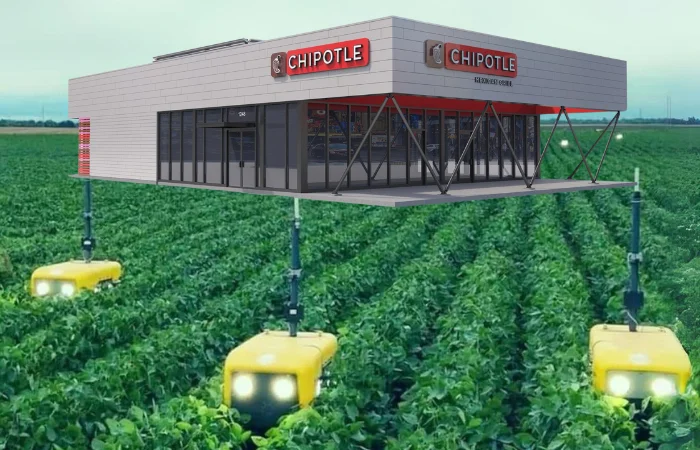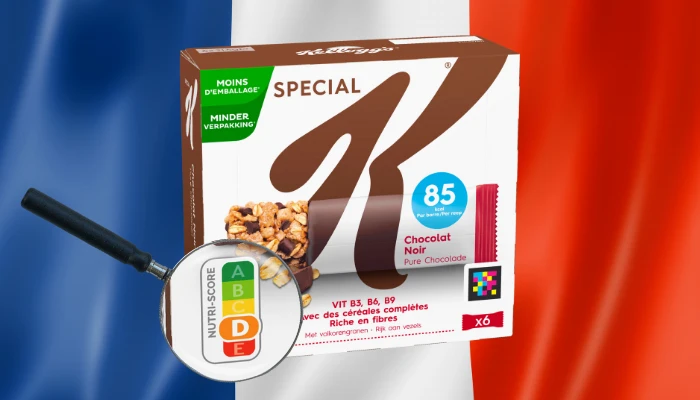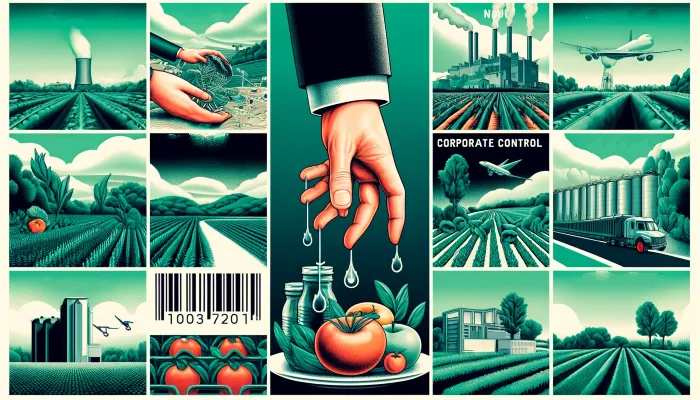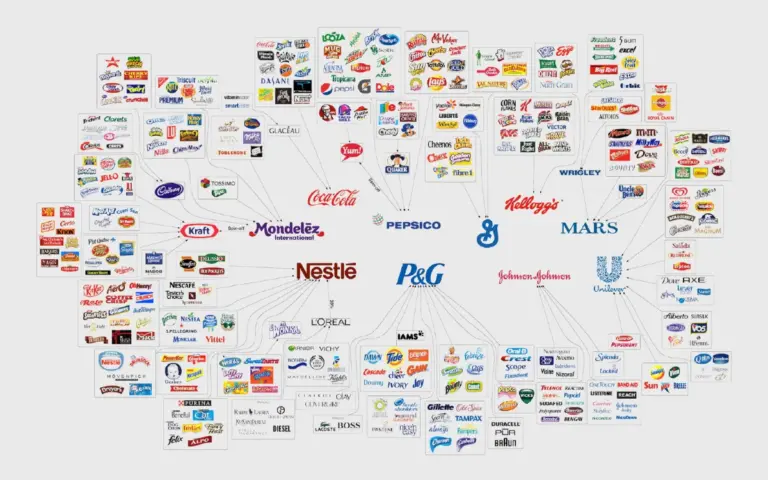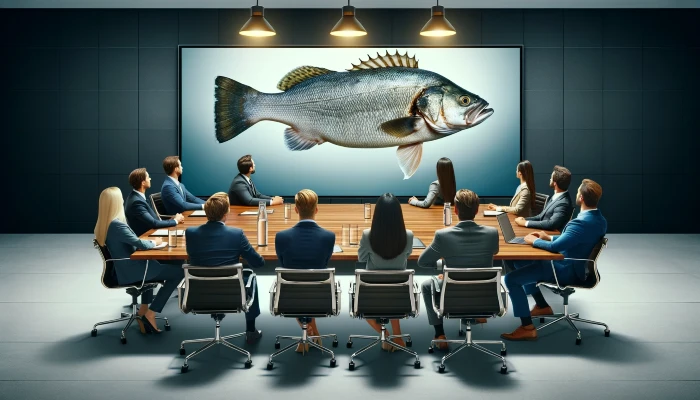Chipotle Mexican Grill is making a significant move towards advancing sustainable farming and reducing its environmental footprint. The popular fast-casual restaurant chain has recently announced its investments in two forward-thinking companies—Greenfield Robotics and Nitricity—through its $50 million Cultivate Next venture fund, that it debuted last year.
Chipotle’s Cultivate Next venture fund serves as a vehicle for early-stage investments in companies aligned with the restaurant chain’s mission to “Cultivate a Better World.” The fund plays a pivotal role in supporting Chipotle’s aggressive growth plans while elevating the human experience for its employees, suppliers, and guests.
Greenfield Robotics: Revolutionizing Regenerative Agriculture
Conventional farming practices often rely on chemicals and soil tillage to combat weeds, leading to rising costs, soil erosion, resistant weeds, and environmental hazards. In contrast, Greenfield Robotics pioneers regenerative agriculture solutions without chemicals. Their fleet of autonomous, lightweight robots efficiently eliminates weeds between rows of broadacre crops, day or night, reducing the need for herbicides. This not only supports regenerative farming practices but also mitigates risks for farmers.
With Chipotle’s investment, Greenfield Robotics aims to expand its fleet of autonomous agricultural robots and develop additional capabilities, including micro-spraying, cover crop planting, and soil testing.
Curt Garner, Chief Customer and Technology Officer at Chipotle, emphasized the importance of Greenfield Robotics’ work, stating, “The work of Greenfield Robotics to build out a tech-forward alternative to herbicides plays an important role in ensuring a more sustainable future for the agricultural industry.” Chipotle is committed to helping Greenfield Robotics scale its robotic offerings and exploring their deployment within its supply chain.
Clint Brauer, the founder of Greenfield Robotics, shared his enthusiasm for the partnership, saying, “In partnership with Chipotle, we can continue to explore creative solutions to some of the biggest challenges facing farmers across the United States.”
Nitricity: Innovating Fertilizer Production
Nitricity takes inspiration from nature, where lightning breaks down nitrogen in the air, and rainwater carries it to the soil as nitrate, creating natural fertilizer. Nitricity replicates this process by generating artificial lightning, using air, water, and renewable energy. This results in a cleaner, more sustainable, and cost-efficient fertilizer. In contrast, the traditional Haber-Bosch method for nitrogen fertilizer production relies heavily on fossil fuels and contributes to a significant portion of global greenhouse gas emissions.
Nitricity’s nitrogen fertilizer has 5 to 10 times fewer greenhouse gas emissions due to its electrified production and field application process. Moreover, Nitricity’s innovative model places fertilizer production closer to end customers, reducing emissions associated with distribution. Currently, a substantial portion of fertilizer in the U.S. relies on an expensive and complex supply chain.
Chipotle’s investment will aid Nitricity in scaling up nitrogen production, expanding its infrastructure, and launching its first commercial product within the next two years.
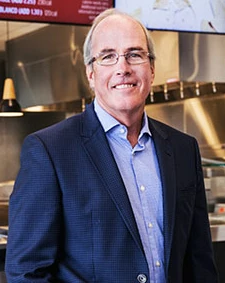
Jack Hartung, Chief Financial and Administrative Officer at Chipotle, expressed his support for Nitricity’s environmental goals, stating, “Fertilizers have experienced steep price increases in recent years due to supply chain issues, fossil fuel price volatility, and rising distribution costs. Nitricity’s fertilizer offering not only has the potential to reduce the carbon footprint of the fertilizer industry, but it can be a cost-effective solution for growers in our supply chain.”
Nico Pinkowski, co-founder and CEO of Nitricity, affirmed their commitment to climate-smart technology and disruption within the industry, saying, “Partnering with Chipotle will unquestionably accelerate our path toward disrupting the industry with climate-smart technology.”
Tim McAfee, a Cultivate Next Venture Collaborator and current Chipotle produce supplier, shared his optimism about the impact of these innovations on the farming community, having visited the facilities of both Nitricity and Greenfield Robotics. He believes these investments hold great promise for the agricultural industry.
These investments, while progressive, are designed to show Chipotle’s dedication to advancing sustainability in agriculture, reducing its environmental impact, and supporting innovative solutions that benefit both farmers and the planet. The company has made sustainability the cornerstone of their corporate image from day but have had to contend with very legitimate greenwashing claims over the years.
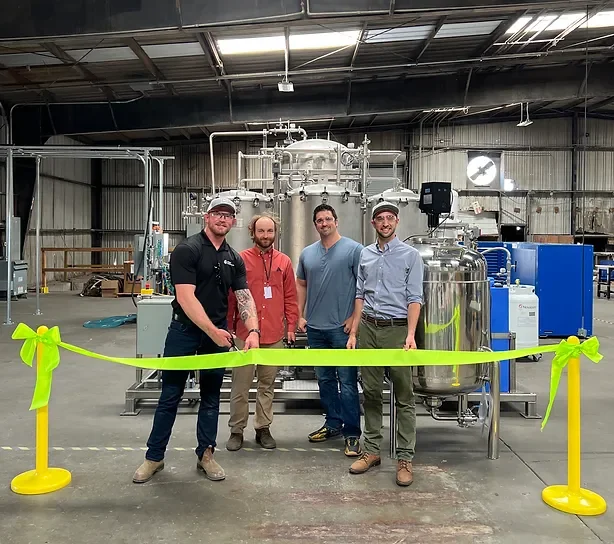
Greenwashing Claims Still Haunt The Big Burrito Giant
While Chipotle Mexican Grill’s recent investments in sustainable agriculture and environmentally friendly fertilizer production are commendable steps towards a more sustainable future, we’d be doing our readers a disservice if we didn’t acknowledge some of the greenwashing allegations the company has faced in the past.
For those who aren’t aware, greenwashing refers to the practice of conveying a false impression or exaggerating a company’s commitment to environmental responsibility to attract consumers.
Critics have argued that Chipotle’s marketing and branding strategies, particularly its “Food With Integrity” campaign, may have at times misrepresented the true extent of its sustainable practices. The “Food With Integrity” campaign, which emphasizes sourcing food from local, organic, and ethically raised ingredients, has been the subject of scrutiny centered primarily on the sourcing of meat products.
While Chipotle has made efforts to source some of its meat from suppliers with more sustainable and humane practices, questions have arisen about the overall proportion of sustainably sourced meat in its supply chain. Critics have pointed out that a significant portion of Chipotle’s meat still come from conventional, industrial farming operations that don’t align with the company’s sustainability messaging or marketing campaigns.
And then there’s the disposable packaging issue and its heavy environmental toll.
More To Discover
- Australia’s Coffee-Concrete: 30% Stronger Pavement With Recycled Coffee Grounds
- Iceland Plans To Drill Into The Heart of a Volcano for Limitless Geothermal Power
- Regional Differences Drive Distinct Motivations for Energy-Efficient Home Upgrades Across the U.S.
- Heat Pump Sales Stalled by Labor Shortage, Says Industry Experts
Despite Chipotle’s commitments to reduce waste and use more eco-friendly packaging materials, some argue that the restaurant chain’s reliance on single-use containers and utensils contributes to plastic pollution and environmental degradation. And while there are sustainable options that could be introduced at scale, the company has yet to fully embrace them.
In recent years, Chipotle has taken steps to address these concerns by introducing recycling and composting initiatives in its restaurants, but sustainability advocates aren’t impressed and continue to demand more substantial and transparent changes in its practices.
In short, while Chipotle’s recent investments in agricultural robotics and sustainable fertilizer production demonstrate a commitment to sustainability, the company’s past experiences with greenwashing accusations underscore the importance of ongoing scrutiny and accountability in the pursuit of genuine sustainability.
As consumers increasingly seek transparent and authentic sustainability efforts from corporations, Chipotle faces the challenge of aligning its marketing promises with concrete actions that promote a more sustainable food system. They’re not quite there yet, but these investments are certainly a step in the right direction.








